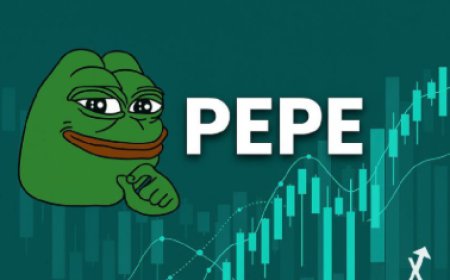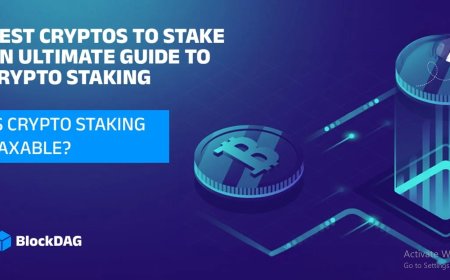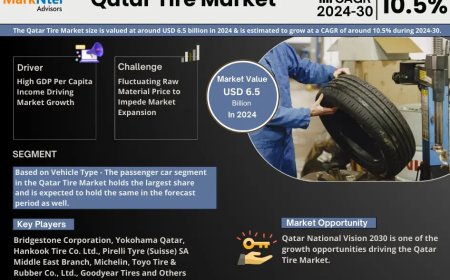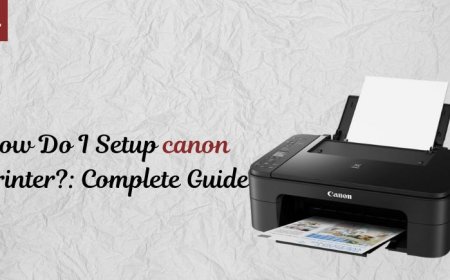Why Didn’t My Ticket Sell with Smart Pricing? The Truth Behind Dynamic Pricing on Ticket Platforms
Smart Pricing is a feature offered by many ticket resale platforms that automatically adjusts the price of your ticket based on demand, market conditions, time left before the event, and competitive listings.

You've done everything rightor so you thought. You listed your concert, game, or event ticket on a popular resale platform using Smart Pricing, expecting it to sell before the event date. But now the event has come and gone, and you're left asking the all-too-common question: Why didnt my ticket sell with Smart Pricing?
What Is Smart Pricing? How Its Supposed to Work
Smart Pricing is a feature offered by many ticket resale platforms that automatically adjusts the price of your ticket based on demand, market conditions, time left before the event, and competitive listings.
The Goal of Smart Pricing
- To optimize the price so your ticket sells faster.
- To automatically reduce or raise the listing price depending on how similar tickets are performing.
- To take the guesswork out of pricing your own tickets.
So, in theory, Smart Pricing should help you sell your tickets at the best possible price without needing to monitor the market 24/7. But clearly, it doesn't always work as expected. Hence the question: Why didnt my ticket sell with Smart Pricing?
Why Didnt My Ticket Sell with Smart Pricing? Top 10 Reasons Explained
1. Demand Was Lower Than Anticipated
Smart Pricing only works when theres buyer demand. If demand was soft for the event due to weather, scheduling conflicts, competing events, or lack of interest, Smart Pricing may not help.
2. Your Seats Were in a Low-Value Section
Not all seats are created equal. Even if you paid a premium, buyer perception may rank your section lower. If similar tickets in better sections are listed at comparable prices, your listing may have been ignored.
3. You Listed Too Late
Time is a huge factor in resale markets. If you listed your tickets only daysor hoursbefore the event, Smart Pricing didnt have enough runway to adjust and attract buyers. Resale marketplaces often reward early listers.
4. Too Many Competing Listings
If theres a flood of sellers with similar or better seats, the algorithm may not lower your price aggressively enough to stay competitive. This is a huge issue in oversaturated resale markets, particularly for larger venues.
5. Smart Pricing Limits
Some platforms allow you to set a minimum or maximum price with Smart Pricing. If your minimum price was set too high, the system couldnt lower the ticket price far enough to attract buyers.
6. Smart Pricing Didnt React Fast Enough
Smart Pricing is algorithm-driven. That means it sometimes lags behind real-time market shifts. If a large batch of discounted tickets went up and the algorithm didn't adjust your price quickly enough, you may have missed the buyer window.
7. The Event Didnt Sell Out
When an event has unsold primary-market tickets available, it weakens the resale market. Buyers are less likely to turn to resale if they can get similar seats direct from the box office. In this case, Smart Pricing has limited influence.
8. Platform-Specific Visibility Issues
Depending on the platform you used, your ticket may have had limited visibility. Some platforms favor "verified resale" or partner brokers, pushing individual sellers listings further down the resultseven with Smart Pricing.
9. Poor Listing Presentation
Buyers don't just look at pricethey also look at seat labels, ticket delivery type (instant vs. delayed), and seller ratings. If your listing lacked information or was marked "Delayed Delivery," Smart Pricing alone wouldnt fix that.
10. Buyers Waited Too Long
Sometimes buyers wait until the last possible minute, hoping for a price drop. If Smart Pricing was too cautious or your tickets had delivery constraints, buyers may have skipped your listing even if it was competitive.
How Smart Pricing Works (Behind the Scenes)
Understanding how Smart Pricing behaves can help you tweak your strategy:
- It uses historical data: Platforms analyze past event trends to estimate optimal prices.
- It compares listings constantly: Your ticket is compared with others in the same section, row, and event.
- It considers urgency: The closer the event, the more aggressive it may become in lowering your price.
- It avoids pricing below market by default: Unless specified, Smart Pricing will not undercut drastically, which can lead to missed sales.
So again, Why didnt my ticket sell with Smart Pricing? Because its not foolproofits reactive, not proactive. And sometimes, it reacts too slowly or with too much caution.
Tips to Make Smart Pricing Work for You
If you still want to use Smart Pricing but want better results next time, here are expert strategies:
1. Start Listing Early
The earlier you list your tickets, the more time Smart Pricing has to optimize and adjust. Try listing at least 24 weeks before the event.
2. Set a Realistic Minimum Price
Dont let pride or your original purchase price sabotage your sale. Set a minimum price based on the current market, not your original cost.
3. Use Market Tools to Compare
Platforms like StubHub and TickPick offer market insights and pricing heat maps. Use those to gauge where your section ranks.
4. Pay Attention to Alerts
Most resale sites send price suggestion alerts. Pay attention to thesethey often warn when your ticket is overpriced.
5. Improve Your Listing Visibility
Add clear section/row info, use Instant Delivery if possible, and ensure your seller account has good reviews.
When Not to Use Smart Pricing
There are situations when manual pricing is better than Smart Pricing:
- High-demand or sold-out shows You may be able to sell for more manually.
- Rare seats (e.g., front row, VIP box) Algorithms may undervalue premium listings.
- Niche events Algorithms often miscalculate demand for small or niche events.
In these cases, pricing manually based on comparable listings may outperform Smart Pricing.
Smart Pricing Myths: Debunked
Lets clear up a few misconceptions that often lead to confusion:
Smart Pricing guarantees a sale.
False. Its a tool, not a promise. It reacts to the market but cant force buyers to appear.
The algorithm always knows the best price.
Not necessarily. Algorithms can't predict sudden demand drops, late weather changes, or venue-specific quirks.
It works better on every platform.
Nope. Some platforms prioritize large brokers or internal resellers over individual userseven if Smart Pricing is on.
Conclusion: So, Why Didnt My Ticket Sell with Smart Pricing?
The real answer is that Smart Pricing is a helpful but imperfect tool. It doesnt account for everything, and it often reacts too cautiously or too late in volatile markets.
If youre asking, Why didnt my ticket sell with Smart Pricing?, consider the multiple factors: competition, timing, seat quality, buyer behavior, delivery type, and market visibility.
Use Smart Pricing as a support system, not a set-it-and-forget-it solution. Combine it with manual research, platform awareness, and flexible pricing to increase your chances of closing the deal next time.




































